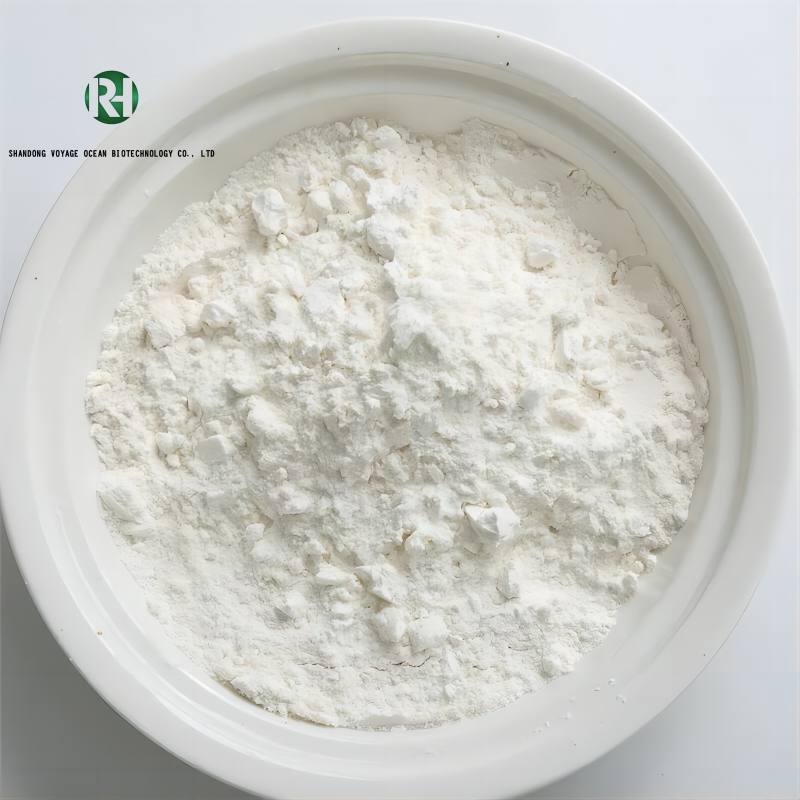-
Categories
-
Pharmaceutical Intermediates
-
Active Pharmaceutical Ingredients
-
Food Additives
- Industrial Coatings
- Agrochemicals
- Dyes and Pigments
- Surfactant
- Flavors and Fragrances
- Chemical Reagents
- Catalyst and Auxiliary
- Natural Products
- Inorganic Chemistry
-
Organic Chemistry
-
Biochemical Engineering
- Analytical Chemistry
- Cosmetic Ingredient
-
Pharmaceutical Intermediates
Promotion
ECHEMI Mall
Wholesale
Weekly Price
Exhibition
News
-
Trade Service
▎WuXi AppTec Content Team Editing T cells are essential to protect the human body
.
When fighting infections and cancer, T cells can "remember" the invader and alert other immune cells
.
On the other hand, if T cells are "indiscriminate", the consequences are very serious and will drive the occurrence of autoimmune diseases, such as rheumatoid arthritis and systemic lupus erythematosus
.
Among them are CD4-positive T cells, a class of T cells often referred to as "helper T cells," which are key coordinators of the adaptive immune response
.
The immunologists noticed that the genes expressed by such cells showed strong differences
.
Given the important functions these helper T cells perform after activation, the genes they express may be closely related to the risk of many human diseases
.
To this end, in response to the differences in gene expression after activation of CD4-positive T cells, a research team from the La Jolla Institute for Immunology in the United States conducted a detailed analysis and identified 300 types of activated CD4-positive T cells.
disease risk gene variants
.
▲The findings were published in Science Immunology, a sub-journal of Science that focuses on the field of immunology.
In this study, researchers collected CD4-positive T cells from 89 healthy individuals and used single-cell RNA sequencing technology to detect the total number of More than a million cells, one by one, were measured which genes they expressed and compared between different cell types, between individuals, and between different genders of individuals
.
It is worth mentioning that, unlike the previous analysis of quiescent T cells, this time before sequencing and analysis, the researchers first activated these helper T cells to simulate the response of these cells to fight infection or disease
.
Dr.
Benjamin Schmiedel, the first author of the research paper, explained: "Activating these cells is like turning on a light, and you can see the function of these cells more clearly at once
.
" ▲ Schematic diagram of the experimental process (Image source: Reference [1] ) According to the differences in gene expression patterns after activation, the analysis results showed the characteristics of 19 groups of CD4-positive T cells, including not only several large subgroups known in the past, but also some new small subgroups that were rarely studied
.
The study also analyzed the gene expression information of these T cells by single-cell expression quantitative trait loci (eQTL)
.
This technique can explore the impact of different genetic variants on gene expression, as well as differences in the impact of these genetic variants in different T cell subsets
.
▲ The effect of many common genetic variants on gene expression is only strongly expressed in specific types of cells, after the cells are activated (Image source: Reference [1]) The results of the study also found that the way helper T cells work is affected by biological Significant impact of gender
.
Activated helper T cells from male and female volunteers showed "men and women" in a number of ways, including how different subpopulations communicate with other immune cells, how they produce cytokines in response to infection, and more
.
These differences can help us understand differences in immune function that are common among men and women, such as why men are more susceptible to Covid-19 and why women are more susceptible to autoimmune diseases
.
"Once we can figure out how immune cells differ in women and men, we can figure out why certain diseases are more affected by certain genders,
"
Dr.
Schmiedel said
.
Image source: 123RF In order to better understand different types of human immune cells, the research team created an online database DICE in previous work, the database of immune cell expression, quantitative trait locus expression and epigenomics , to share their findings
.
The research team also expanded the database (https://dice-database.
org) with data from this analysis for download and use worldwide to further search for genes and cell types associated with human disease risk
.
This work provides the most in-depth and comprehensive information to date on gene expression differences between CD4-positive T cell subsets, the institute's press release notes
.
Reference: [1] Benjamin J.
Schmiedel et al.
, (2022) Single-cell eQTL analysis of activated T cell subsets reveals activation and cell type–dependent effects of disease-risk variants.
Sci.
Immunol.
Doi: 10.
1126/sciimmunol .
abm2508[2] LJI team uncovers new subsets of CD4+ 'helper' T cells.
Retrieved Feb.
25, 2022 from https://







